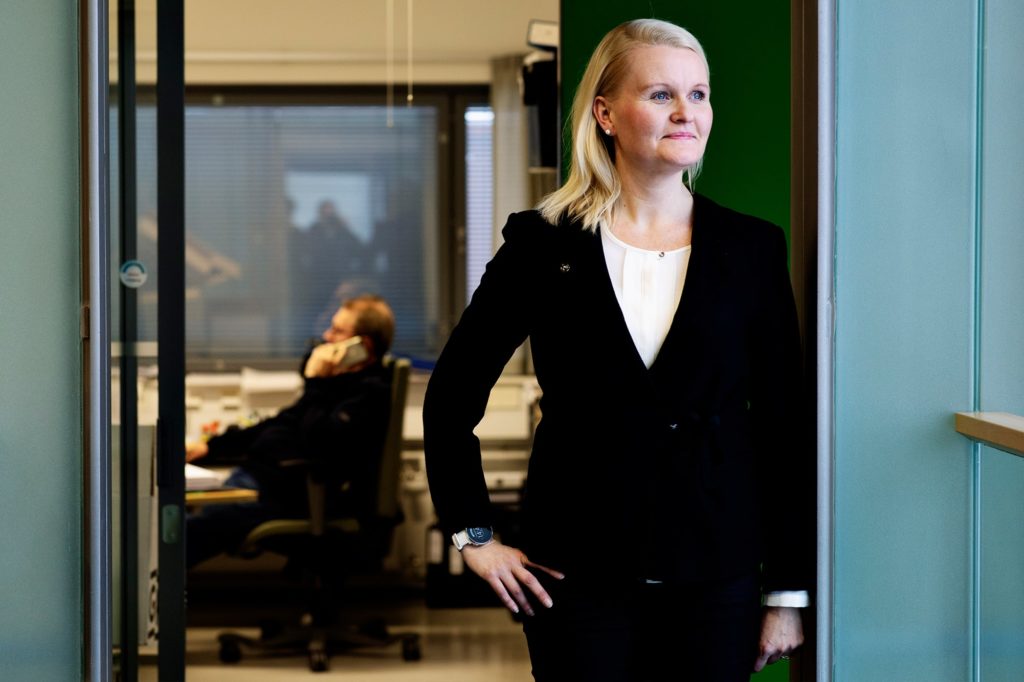Our mission at Kojamo is to create better urban housing, and we want to do this in accordance with the principles of sustainable development. Responsibility is an increasingly important criterion in our decisions concerning investments, i.e. new construction projects and property acquisitions.
We assess the responsibility of investments from several different perspectives. These include property locations close to services and public transport, energy efficiency and energy sources, carbon footprint, long life spans, employment effects, waste sorting solutions and soil-related issues.
Location is not only a key strategic factor in our investments but also an essential responsibility criterion. The significance of location continues to grow.
“It is very important that our properties are easy to reach by public transport, whether that means being close to a metro station, tram stop or bus routes,” says Tommi Parikka, Director of the Construction Contracting Unit at Kojamo.
The significance of the carbon footprint will increase in the future, as calculating the full life-cycle carbon footprint of a property becomes part of the building permit process by 2025. To this end, we implemented two pilot projects in 2020 to calculate the carbon footprint of investments. The most significant factors in the carbon footprint are energy consumption during use and construction materials.
“Our goal is to be carbon-neutral in terms of energy consumption by 2030.”
“Our goal is to be carbon-neutral in terms of energy consumption by 2030, and our new sustainability programme includes targets for energy efficiency and reducing energy consumption during the use of properties,” says Hannamari Koivula, Manager, Corporate Responsibility and Sustainability at Kojamo. “Going forward, we will also focus increasingly on low-carbon construction and reducing the carbon footprint of construction materials.”

We are developing three wooden apartment blocks in Espoo. Our aim is to learn from this project and gain experience about modern wood construction. With regard to demolition sites, we emphasise the circular economy approach, i.e. the degree to which the materials from a demolished building can be recovered and reused. The product industry is also developing new solutions related to construction products made from recycled materials, which have a substantially smaller carbon footprint than materials manufactured from virgin materials.
In 2020, we updated our construction contracting design guidelines, which now address energy-efficient, low-carbon and long life span solutions in more detail than before. For example, the design guidelines include policies regarding the types of automation systems and lighting used in apartments, the kinds of fixtures, household appliances and water fittings to be installed and what recycling opportunities will be provided for the residents. In addition, the design guidelines include provisions concerning the sustainability of our partners as well as construction site operations and reporting.
Responsibility is an increasingly important factor both when planning investments and throughout the entire life-cycle of a property. Key responsibility perspectives include the comfort and safety of the residents as well as indoor air quality. For example, most of Kojamo’s apartments feature an AI-assisted temperature control system, which is one way to optimise living conditions to improve the comfort of residents while observing the principles of sustainable development.
“The comfort of living and the environmental perspective support each other and are not contradictory at all,” Parikka says